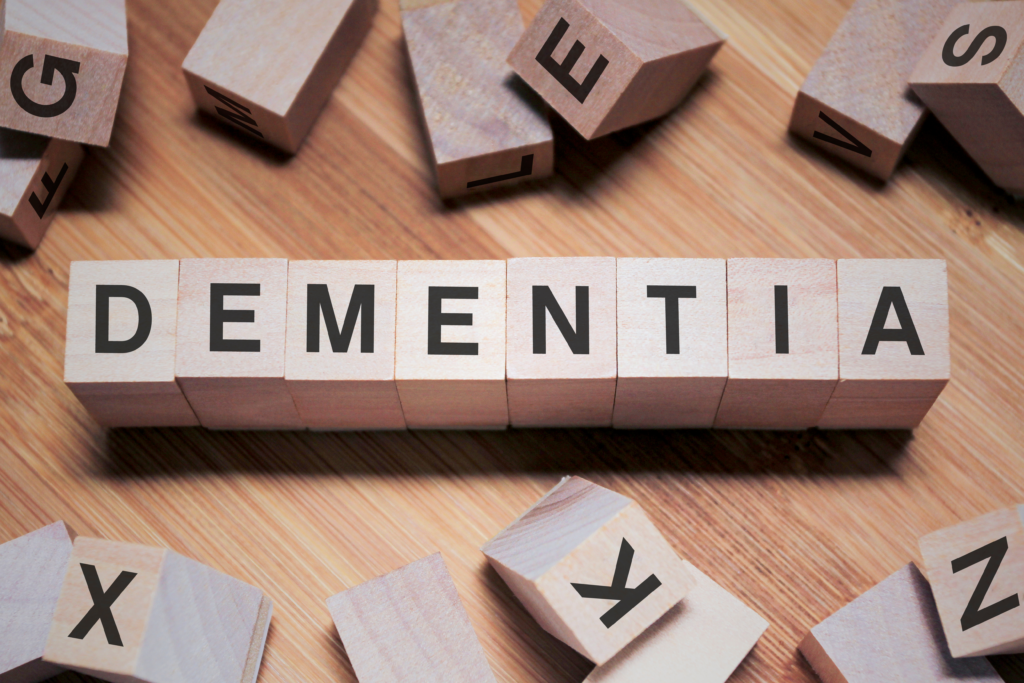
In May 2023, the Surgeon General issued an advisory addressing the epidemic of loneliness in the United States and the impact that it has on our health. The advisory points out that older adults can be more susceptible to negative health impacts than the rest of the population. In this article, we’ll discuss the details of the Surgeon General’s Advisory to seniors on loneliness and talk about some ways to help seniors stay connected with their friends and family.
Surgeon General’s Advisory on Loneliness
The US Surgeon General, Vivek Murthy, published an advisory about the health impacts of loneliness and isolation, calling attention to the critical role that social connection plays in our overall health. The Advisory highlights the importance of social connection for all ages but includes the unique challenges that older adults face in maintaining social connection.
Why Are Seniors More Susceptible to Loneliness?
Older adults are more likely to experience social isolation than younger adults, due to factors including:
- Retirement
- Loss of a partner or close friends
- Health problems that hinder mobility
- Transportation challenges
- Financial constraints
Health Impacts of Social Isolation
The Advisory starts by discussing the impact of isolation on overall health and well-being. Social isolation has been linked to:
- Reduced immune function
- Slower wound healing
- Worsened sleep quality
Individuals who have poor or insufficient social connection have a 32% increased risk of stroke. Social isolation can also increase the risk of developing dementia by 50% in older adults. A study that followed older adults over 12 years found that cognitive abilities declined 20% faster among those who reported being lonely.
Moreover, social isolation is linked to a higher risk of cardiovascular disease. A British study with 6,500 participants showed that individuals who reported a high level of social isolation were 29% more likely to have a first-time heart attack compared to those with a good social network.
Loneliness and low social support are also associated with an increased risk of self-harm. In a review of 40 studies of more than 60,000 older adults, an increase in loneliness was reported to be among the primary motivations for self-harm.
Benefits of Social Connection
The Advisory highlights the many health benefits of social connection for older adults, including:
- Improved physical and mental health
- Reduced risk of falls
- Improved cognitive function
- Delayed onset of dementia
- Longer life expectancy
- Reduced risk of chronic diseases such as heart disease, stroke, and dementia
Addressing Social Isolation
Addressing social isolation among seniors is not always straightforward. Many older adults face barriers that make it difficult for them to take the initiative in maintaining social connections. Given these challenges, it becomes crucial for family members, friends, and community members to play an active role in assisting seniors to stay socially connected.
Actionable Steps
Here are 3 examples of things that can reduce social isolation in older adults:
- Encourage Community Engagement: Encourage older adults to stay active and engaged in their communities by volunteering, joining clubs, or spending time with family and friends. The Phoenix area has many great senior centers that provide activities, classes, and social events at very affordable prices.
- Provide Transportation Assistance: Some seniors don’t have the means to participate in social activities. Offering rides can help older adults stay connected to their communities and significantly enhance the quality of their lives by facilitating social engagement and helping them to feel a sense of belonging within the community.
- Help Seniors Use Technology to Connect with Others: Technology-based programs and services such as video chat, online forums, and social media can help older adults connect with others. Some older adults may be unsure how to use technology or may be intimidated by the idea. Helping them get set up and use technology to connect with friends and family can reduce their isolation and feelings of loneliness.
Conclusion
The Surgeon General’s Advisory to seniors on loneliness is a call to action for all of us to take steps to increase social connection in our lives and to help older adults in our community. By taking steps to reduce social isolation in older adults, we can improve their health and well-being and help them live longer, healthier lives.
Thank you for reading. If you found value in this information, please consider sharing it with others. We provide FREE senior living placement services, and if we can help you, please visit our website or give us a call, 480-331-8855.




